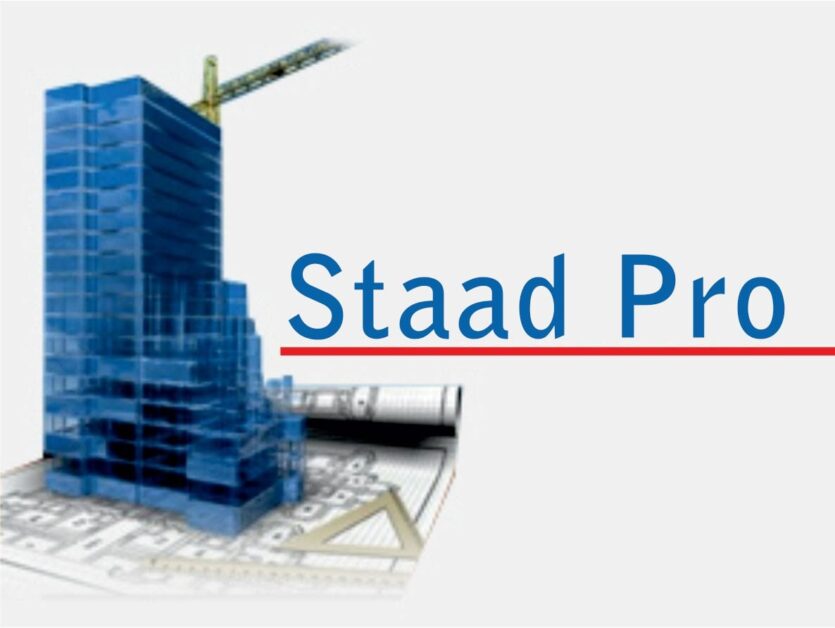Design any type of structure and share your synchronized model data with confidence among your entire design team, using STAAD.Pro. Ensure on time and on budget completion of your steel, concrete, timber, aluminum, and cold-formed steel projects, regardless of complexity. You can confidently design structures anywhere in the world using over 80 international codes, reducing your team’s need to learn multiple software applications. Thanks to the flexible modeling environment and advanced features such as dynamic change revisions and management, you can:
– Lower total cost of ownership: Design any type of structure including culverts, petrochemical plants, tunnels, bridges, and piles
– Increase design productivity: Streamline your workflows to reduce duplication of effort and eliminate errors
– Reduce project costs and delays: Provide accurate and economical designs to your clients and quickly turnaround change requests
Capabilities:
Analyze gravity and lateral load
Design and analyze simple or complex structures for a wide range of loading conditions, including those induced by gravity such as dead and live loads, including skip conditions, in combination with lateral loads including wind and seismic.
Comply with seismic requirements
Design and detail seismic force-resisting systems, generating seismic loads according to the relevant building code. Consider these forces in the design of elements and, where applicable, the design of frames and the larger structural system. Enforce the ductility requirements of the selected design code in element proportioning and detailing.
Design and analyze structural models
Quickly model your entire structure, including decks, slabs, slab edges and openings, beams, columns, walls, braces, spread and continuous footings, and pile caps. Efficiently automate many of your time-consuming design and analysis tasks and produce practical system and component designs that are document ready.
Design and analyze with finite elements
Complete building analysis, design, and drafting for the entire structure accurately and efficiently using our state-of-the-art finite element analysis. Reduce or eliminate the time spent waiting for results using our fast solvers.
Design beams, columns and walls
Optimize or analyze beams, columns, and walls for gravity and lateral loads to quickly obtain safe and economical designs. Confidently produce designs in compliance with global design specifications and building codes.
Design cold-formed steel members
Design light gauge steel members using a comprehensive cold-formed sections library without needing to use a separate special-purpose application.
Design lateral resisting frames
Perform extensive building-code checks for seismic and wind forces on braced frames and moment frames. Quickly obtain safe and reliable designs for all of your structural projects.
Design to international standards
Extend the reach of your business practice and take advantage of global design opportunities by using a wide range of international standards and specifications in our design products. Complete your designs with confidence thanks to extensive support of international standards.
Generate design loads and load combinations
Apply code-prescribed wind and seismic loads to the structure using built-in load generators. Calculate relevant loading parameters automatically based on the structural geometry, mass, and selected building code provisions without the need for separate hand calculations. Combine these lateral load cases with gravity and other types of loads using load combination generators.
Integrate slab and foundation designs
Design slabs and foundations using specialized applications that are integrated within the master analysis model. Create design calculations and reinforcing drawings. Add the design information in BIM models by using ISM.
Integrate steel connection designs
Design structural steel connections within a single integrated environment. Transfer joint geometry, member sizes, and joint forces from the 3D analysis directly to the steel connection design application. This allows for efficient reuse of information and reduces the amount of rework required when the structure changes.
Produce structural design documentation
Generate structural design documents including necessary plans and elevations that are used to convey the design intent. Changes made to the 3D model are automatically updated in the documentation.
Share structural models
Transfer structural model geometry and design results from one application to another and synchronize changes over time. Quickly share the structural model, drawings, and information with the entire team for review.
